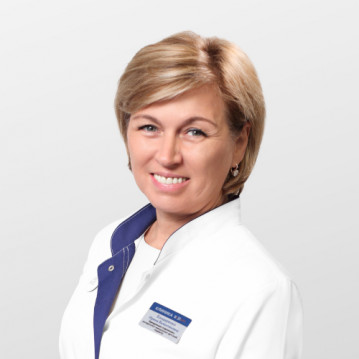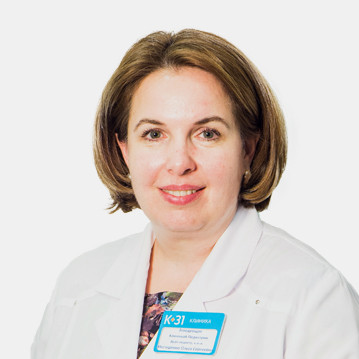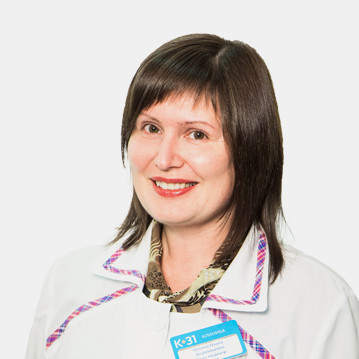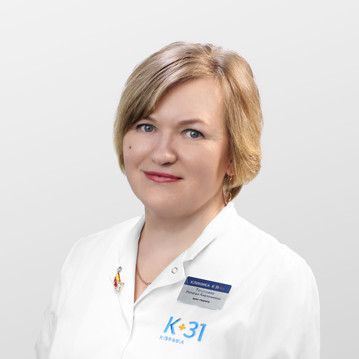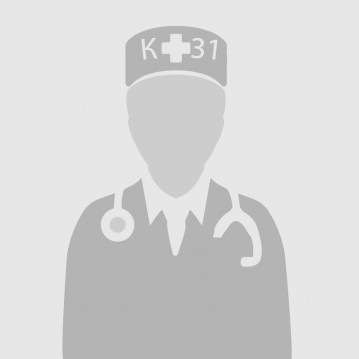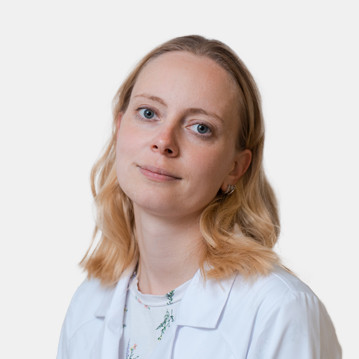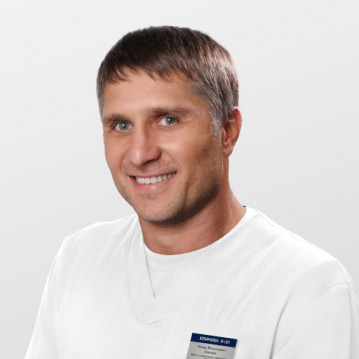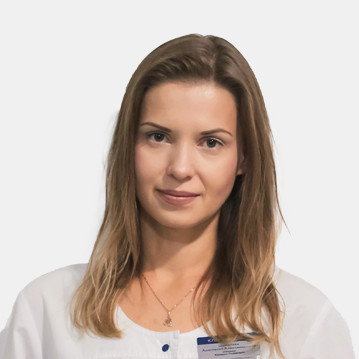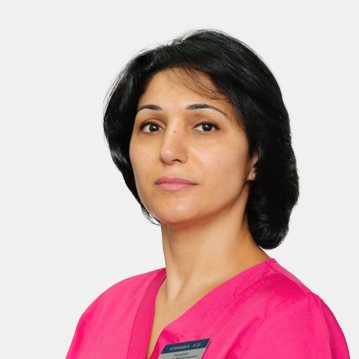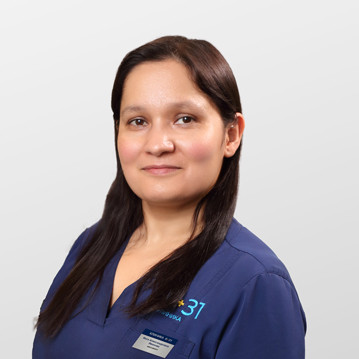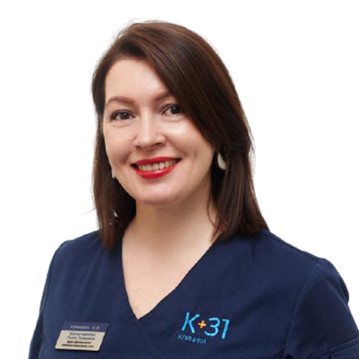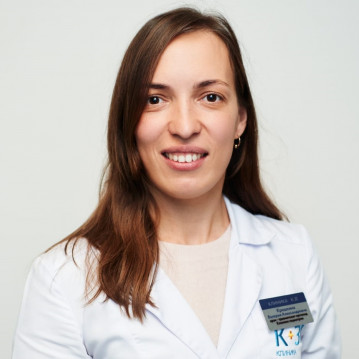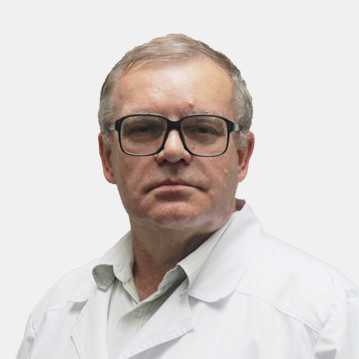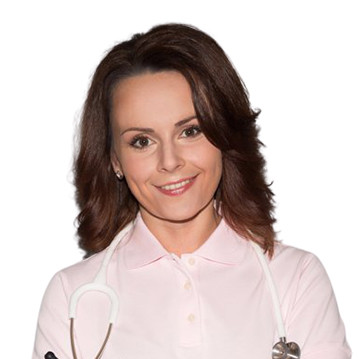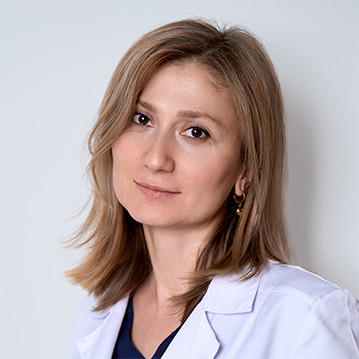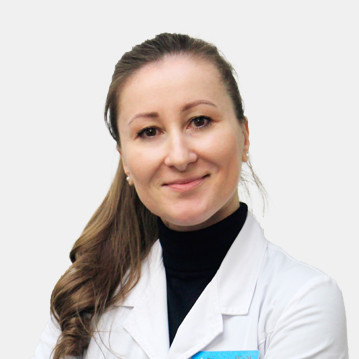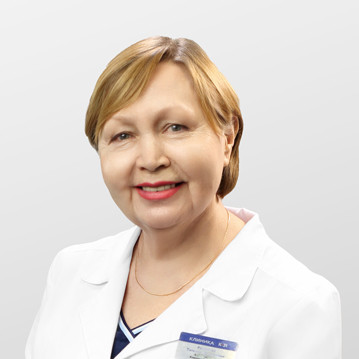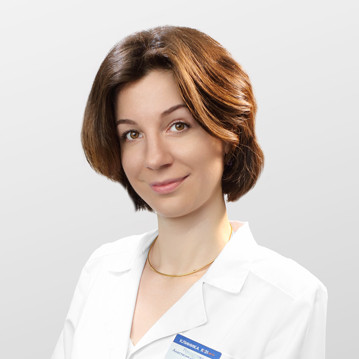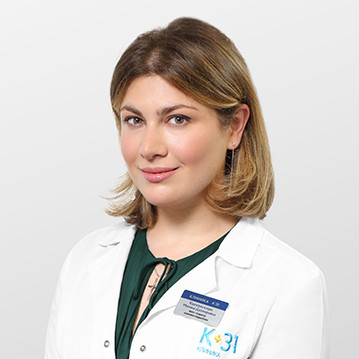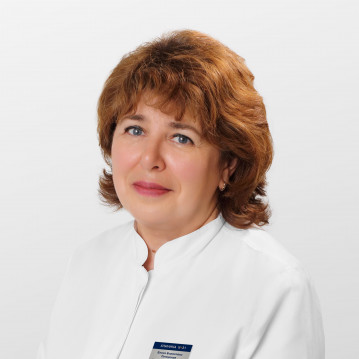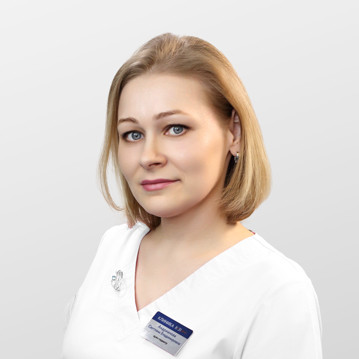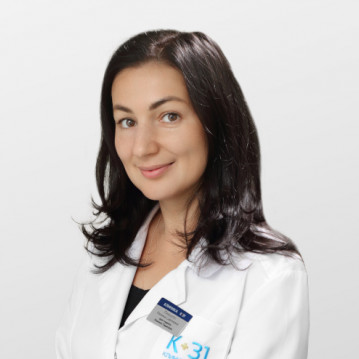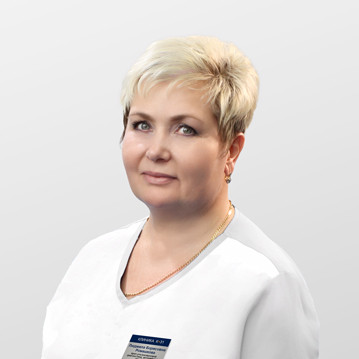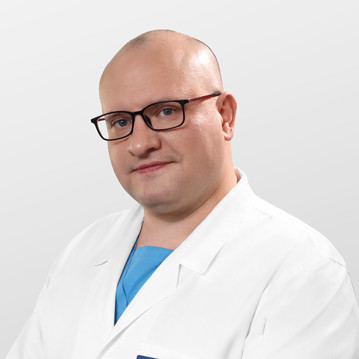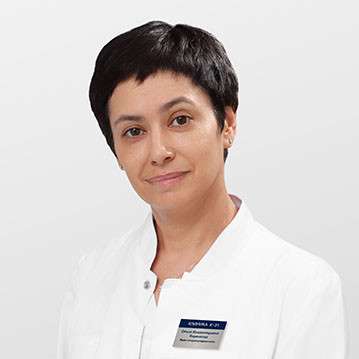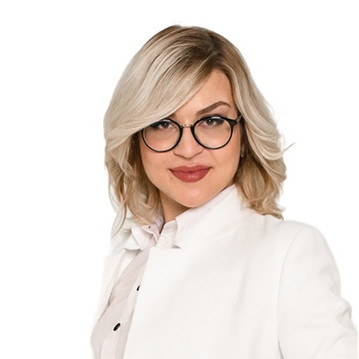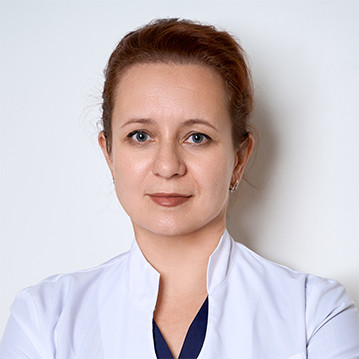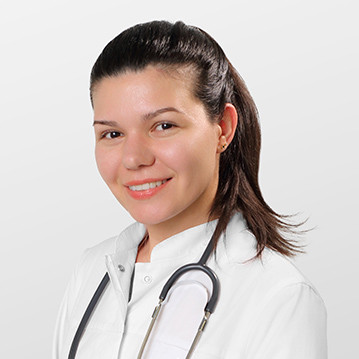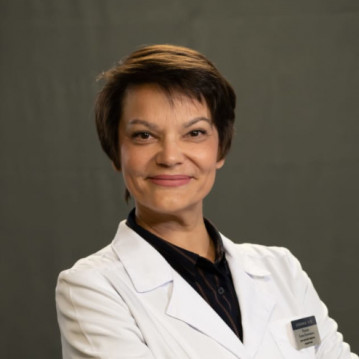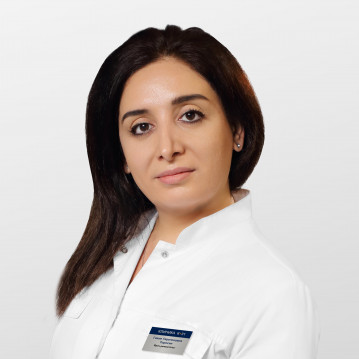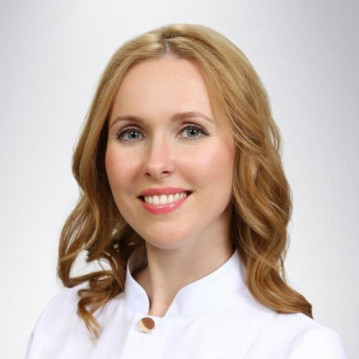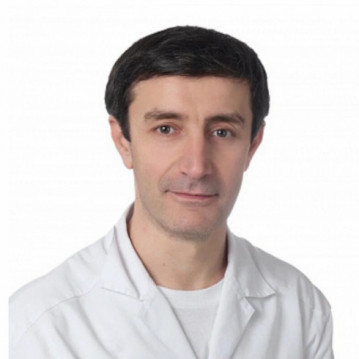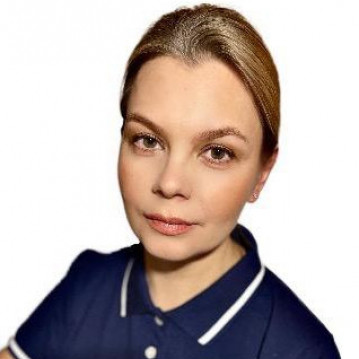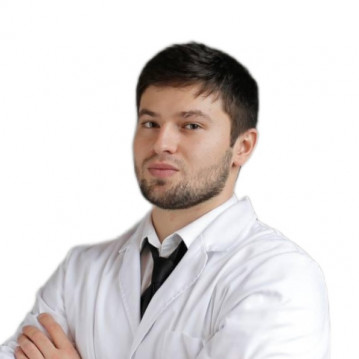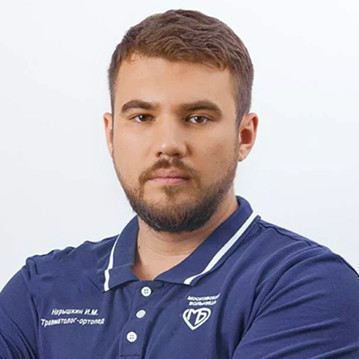The digestive system includes the mouth, pharynx, esophagus, stomach, intestines, pancreas, and gallbladder. Organs process all incoming food, breaking them down with the help of enzymes. In this case, complex substances break down into simple ones - it is in this form that nutrients can be absorbed in the intestines, from where the blood carries them throughout the body, ensuring the normal and full flow of chemical reactions.
Malfunctions in the digestive system adversely affect the state of health - with pathological changes, the breakdown and absorption of nutrients are disrupted, so the body does not receive enough nutrients. Gastroenterology is the study and treatment of diseases of the gastrointestinal tract. If you suspect a malfunction of the digestive and excretory functions, you should visit a gastroenterologist.
Diseases and infections of the gastrointestinal tract adversely affect the development of the child. Diseases are often accompanied by pain in the gastrointestinal tract, nausea and vomiting, which significantly worsens well-being, and the ability to learn decreases. Pathologies of the gastroenterological spectrum in a child are treated by a pediatric gastroenterologist.
Scope of responsibility of a pediatric gastroenterologist
A gastroenterologist who accepts small patients is engaged in the diagnosis and treatment of the following diseases, both in acute and chronic manifestations:
- Gastritis, including those associated with Helicobacter pylori.
- Pancreatitis
- Cholecystitis
- Peptic ulcer of the stomach or duodenum.
- Enteritis
- Colitis, including Crohn's disease.
- Dysbacteriosis.
- Constipation
- Diarrhea.
- Biliary dyskinesia of hypo- or hyperkinetic type.
Most often, these diseases occur in children of the first year of life with a change in nutrition, the introduction of complementary foods, and in schoolchildren due to irregular food intake and do not require complex treatment. A short-term diet and adjustment of the patient's nutrition solve the problem and eliminate unpleasant symptoms.
